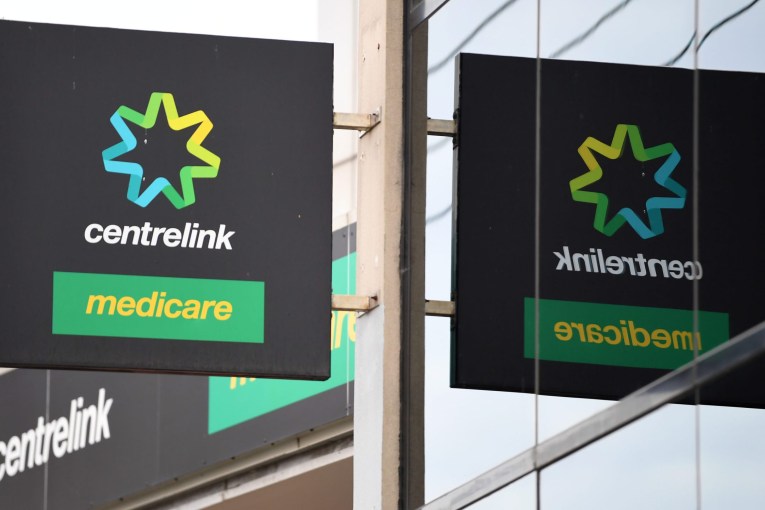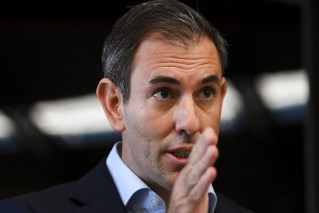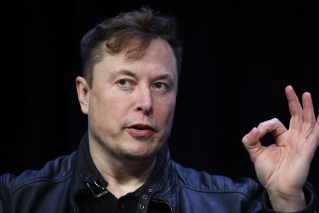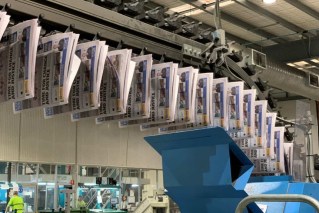BHP says consumer will to battle climate change not strong enough
BHP has declared the world has yet to show collective action needed to meet climate change goals and has committed to spend up to $US4 billion ($5.4 billion) by 2030 on its own operations to meet targets.

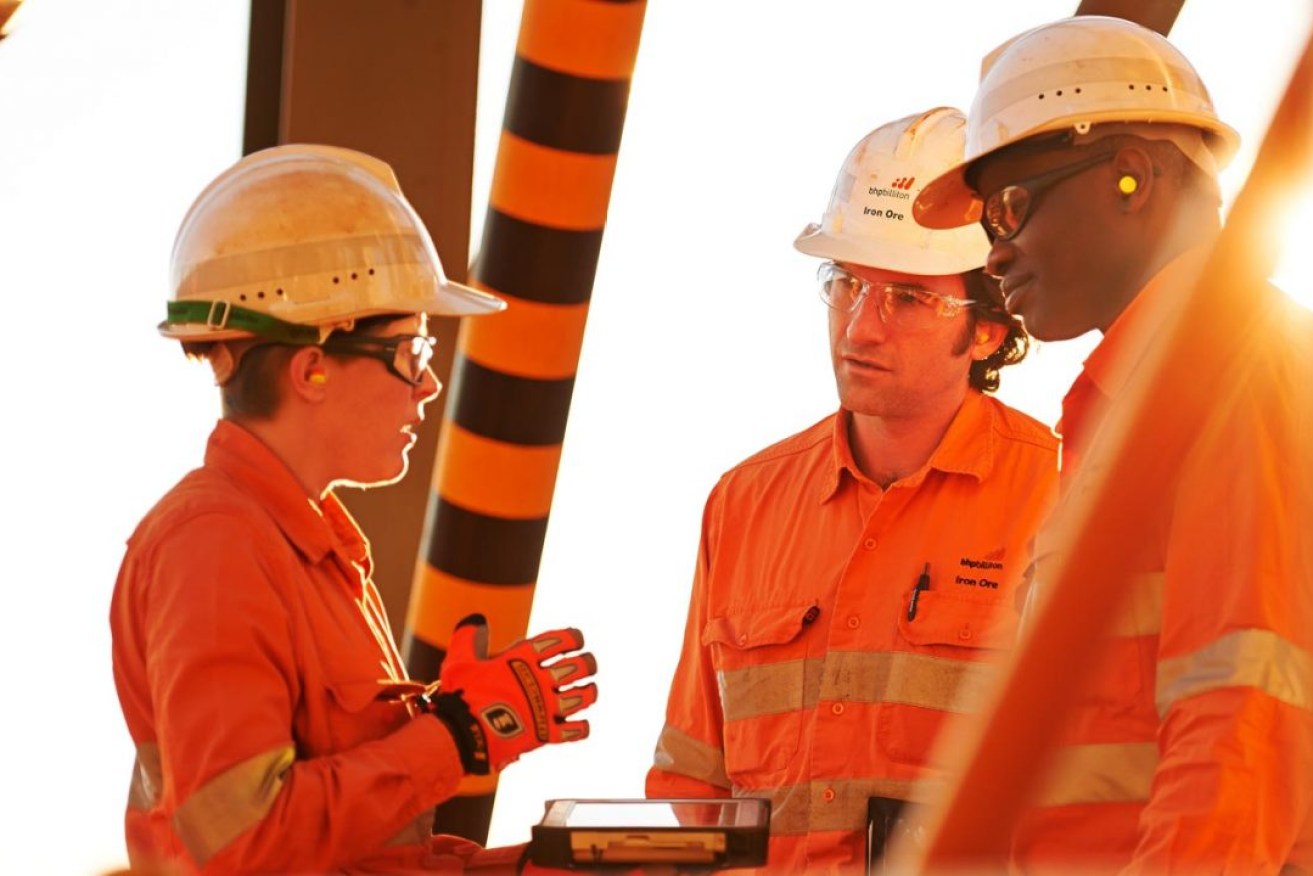
BHP says the collective will to meet climate challenge is not there (Image: BHP)
In its climate transition report released today BHP said that despite a general alignment among stakeholders “we remain concerned that collective action is not yet at a level required to achieve’’ the transition to net zero.
“Current barriers to society achieving a net zero emissions include the pace of technology development, new infrastructure, consumer behaviour change, policy settings and the investment required to fund the transition,’’ the company said.
It said the investment needed to transition the high-polluting steel sector to net zero was in the order of $US1 trillion to $US3 trillion.
“All sectors of society and the economy will be impacted by, and must contribute to, the system-wide response to achieve net zero across the global value chain for the goods and services that support global living standards,” it said.
“BHP is no exception.
“Governments must set clear commitments aligned with the Paris Agreement goals, underpinned by long-term and equitable policy settings to drive investment.
“Investors must allocate capital to activities that support decarbonisation and resilience building.’’
The demands from BHP came as the company also applied to expand its Caval Ridge metallurgical coal mine in central Queensland. It also said its own emissions were equivalent to 418 million tonnes of CO2.
However, it has sold off thermal coal mines and has announced an exit from oil through its deal with Woodside.
But it added that rapid decarbonisation was more feasible in some sectors than others and offsets would play an important role in balancing the system response to deliver net zero across the global economy.
“We recognise we have an important role to play in supporting emissions reductions in our own value chain,’’ it said.
It has promised to spend between $US100 to $US200m a year over next five years in operational decarbonistion.
“(The) potential capital spend on operational decarbonisation to 2030 may be in the range of $US2 to $US4 billion,’’ BHP said.
“We are also considering supplying offsets to complement our customers’ decarbonisation strategies which may include structured low carbon product offerings or standalone supply of offsets.’’
It said tackling emissions from the steel sector was a key to meeting emissions targets, but steel was also a necessary product for global growth. A recent report also claimed the steel sector was unlikely to reach net zero by 2050.
It has developed a framework that envisions assumed green end-state in which carbon-neutral steel can be produced, but would require affordable newnewable energy to power hydrogen production.
The cost of decarbonising the steel sector vary widely but would be in the order of $US1 trillion to $US3 trillion.
